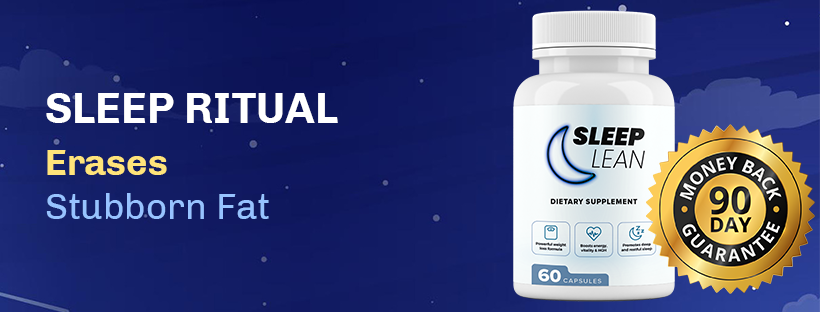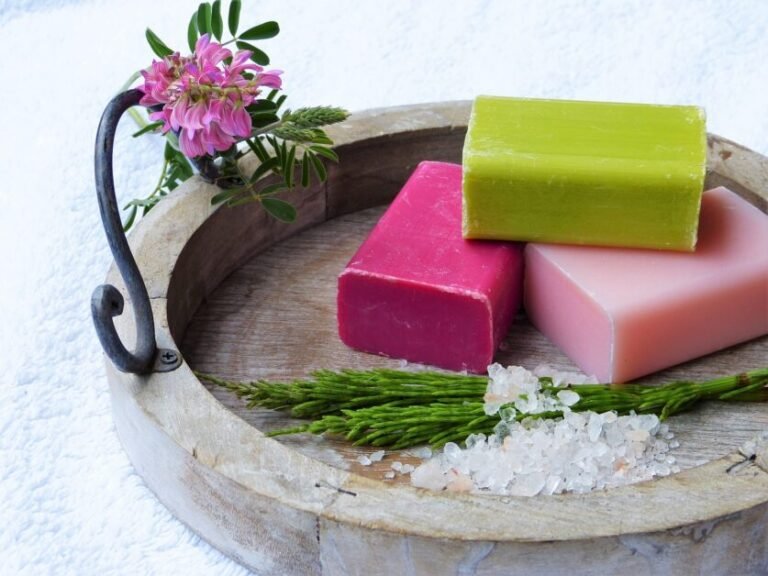Effective Home Remedies for Managing Anxiety and Panic Attacks
Anxiety and panic attacks are common mental health issues that can have a significant impact on a person’s daily life. Anxiety is a feeling of worry, nervousness, or unease about something with an uncertain outcome, while panic attacks are sudden, intense periods of fear or discomfort that can cause physical symptoms such as a racing heart, sweating, and trembling. Both anxiety and panic attacks can be triggered by various factors, including stress, trauma, genetics, and certain medical conditions.
It’s important to understand that anxiety and panic attacks are not signs of weakness or personal failure. They are legitimate medical conditions that can be managed with the right tools and support. Recognizing the symptoms of anxiety and panic attacks, such as excessive worrying, restlessness, irritability, and difficulty concentrating, is the first step in seeking help and finding effective strategies for managing these issues.
Breathing Techniques for Managing Anxiety and Panic Attacks
One of the most effective ways to manage anxiety and panic attacks is through breathing techniques. Deep breathing exercises can help calm the body’s stress response and reduce the intensity of panic attack symptoms. One popular technique is diaphragmatic breathing, which involves taking slow, deep breaths from the diaphragm rather than shallow breaths from the chest. This can help regulate the body’s oxygen levels and promote relaxation.
Another helpful breathing technique is the 4-7-8 method, which involves inhaling for 4 seconds, holding the breath for 7 seconds, and exhaling for 8 seconds. This pattern can help slow down the heart rate and induce a sense of calm. Practicing these breathing techniques regularly, especially during times of heightened anxiety or panic, can help individuals regain control over their breathing and reduce the severity of their symptoms.
Herbal Remedies for Anxiety and Panic Attacks
In addition to breathing techniques, some people find relief from anxiety and panic attacks through the use of herbal remedies. Certain herbs have been shown to have calming effects on the body and mind, making them a popular alternative or complementary treatment for managing anxiety. One such herb is chamomile, which has been used for centuries as a natural remedy for stress and anxiety. Chamomile tea or supplements can help promote relaxation and reduce feelings of nervousness.
Another popular herbal remedy for anxiety is lavender, which has been shown to have a calming effect on the nervous system. Lavender essential oil can be used in aromatherapy or applied topically to help reduce anxiety symptoms. Other herbs that are commonly used for anxiety relief include passionflower, valerian root, and lemon balm. It’s important to consult with a healthcare professional before using herbal remedies, as they may interact with certain medications or have potential side effects.
Lifestyle Changes to Reduce Anxiety and Panic Attacks
Making certain lifestyle changes can also help reduce the frequency and severity of anxiety and panic attacks. Regular exercise, for example, has been shown to have a positive impact on mental health by reducing stress and improving mood. Engaging in physical activity releases endorphins, which are natural mood lifters that can help alleviate anxiety symptoms.
In addition to exercise, maintaining a healthy diet can also play a role in managing anxiety. Eating a balanced diet that includes plenty of fruits, vegetables, whole grains, and lean proteins can provide essential nutrients that support overall mental well-being. Avoiding excessive caffeine and alcohol consumption is also important, as these substances can exacerbate anxiety symptoms.
Other lifestyle changes that can help reduce anxiety and panic attacks include getting an adequate amount of sleep each night, practicing good time management to reduce stress, and engaging in activities that promote relaxation and enjoyment. Finding healthy ways to cope with stress, such as through hobbies or social support, can also contribute to overall mental wellness.
Mindfulness and Meditation for Anxiety and Panic Attacks
Mindfulness and meditation are practices that involve focusing on the present moment and cultivating a sense of awareness and acceptance. These practices have been shown to be effective in reducing anxiety and panic attacks by promoting relaxation and reducing negative thought patterns. Mindfulness techniques can include deep breathing exercises, body scans, and guided imagery to help individuals stay grounded in the present moment.
Meditation involves sitting quietly and focusing on the breath or a specific object to quiet the mind and promote inner peace. Regular meditation practice can help individuals develop a greater sense of self-awareness and emotional regulation, which can be beneficial in managing anxiety symptoms. There are many different types of meditation, including mindfulness meditation, loving-kindness meditation, and transcendental meditation, so individuals can explore different techniques to find what works best for them.
In addition to formal mindfulness and meditation practices, incorporating mindfulness into daily activities can also be helpful in managing anxiety. This can involve paying attention to sensations while eating or walking, practicing gratitude, or engaging in mindful movement activities such as yoga or tai chi. By cultivating a mindful approach to life, individuals can learn to respond to anxiety triggers with greater awareness and resilience.
Exercise and Physical Activity for Managing Anxiety and Panic Attacks
Regular exercise and physical activity have been shown to be effective in managing anxiety and panic attacks by reducing stress levels and promoting overall well-being. Engaging in physical activity releases endorphins, which are natural mood lifters that can help alleviate anxiety symptoms. Exercise also provides an opportunity to focus on the present moment and distract from anxious thoughts.
In addition to aerobic exercise such as running or swimming, activities like yoga and tai chi can be particularly beneficial for managing anxiety. These practices combine physical movement with mindfulness techniques, promoting relaxation and stress reduction. Yoga, in particular, has been shown to have a positive impact on mental health by reducing anxiety symptoms and improving mood.
Incorporating regular physical activity into one’s routine can also improve sleep quality, which is important for managing anxiety. Getting an adequate amount of sleep each night is essential for overall mental well-being, as sleep deprivation can exacerbate anxiety symptoms. By making exercise a priority and finding activities that are enjoyable and sustainable, individuals can experience significant improvements in their anxiety levels.
Seeking Professional Help for Anxiety and Panic Attacks
While self-help strategies such as breathing techniques, herbal remedies, lifestyle changes, mindfulness practices, and exercise can be effective in managing anxiety and panic attacks for some individuals, it’s important to recognize when professional help is needed. If anxiety symptoms are significantly impacting daily life or causing distress, it may be beneficial to seek support from a mental health professional.
Therapy can be an effective treatment for anxiety and panic attacks, as it provides an opportunity to explore underlying issues and develop coping strategies. Cognitive-behavioral therapy (CBT) is a common approach for treating anxiety disorders, as it helps individuals identify and challenge negative thought patterns that contribute to anxiety. Other types of therapy that may be helpful for managing anxiety include mindfulness-based therapy, acceptance and commitment therapy (ACT), and exposure therapy.
In some cases, medication may be prescribed to help manage anxiety symptoms. Antidepressants such as selective serotonin reuptake inhibitors (SSRIs) or benzodiazepines may be used to alleviate symptoms of anxiety or panic attacks. It’s important to work closely with a healthcare provider to determine the most appropriate treatment plan based on individual needs and preferences.
In conclusion, anxiety and panic attacks are common mental health issues that can have a significant impact on daily life. Understanding the symptoms of anxiety and panic attacks is the first step in seeking help and finding effective strategies for managing these issues. Breathing techniques, herbal remedies, lifestyle changes, mindfulness practices, exercise, and seeking professional help are all valuable tools for managing anxiety and panic attacks. By incorporating these strategies into one’s routine and seeking support when needed, individuals can experience significant improvements in their mental well-being.









